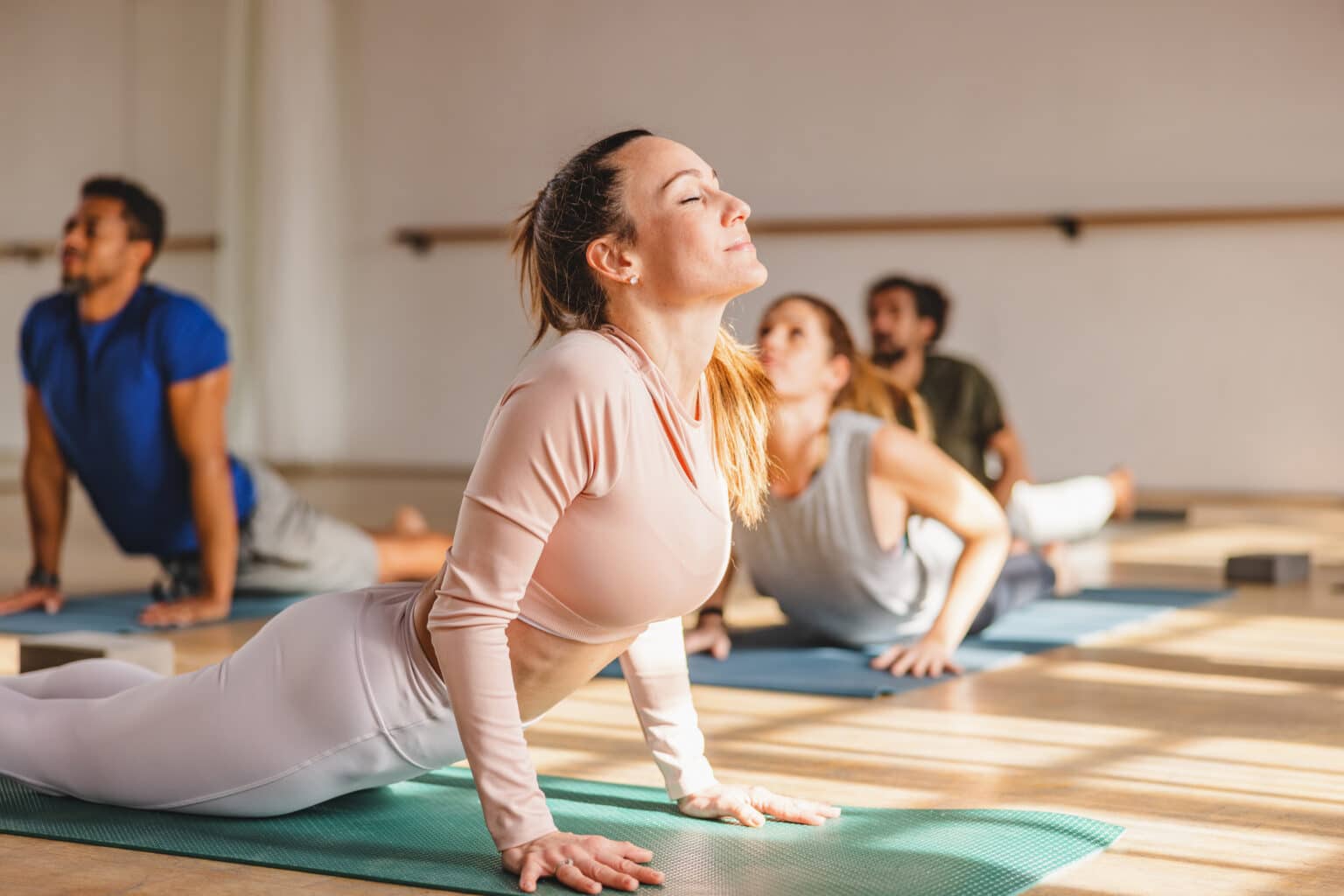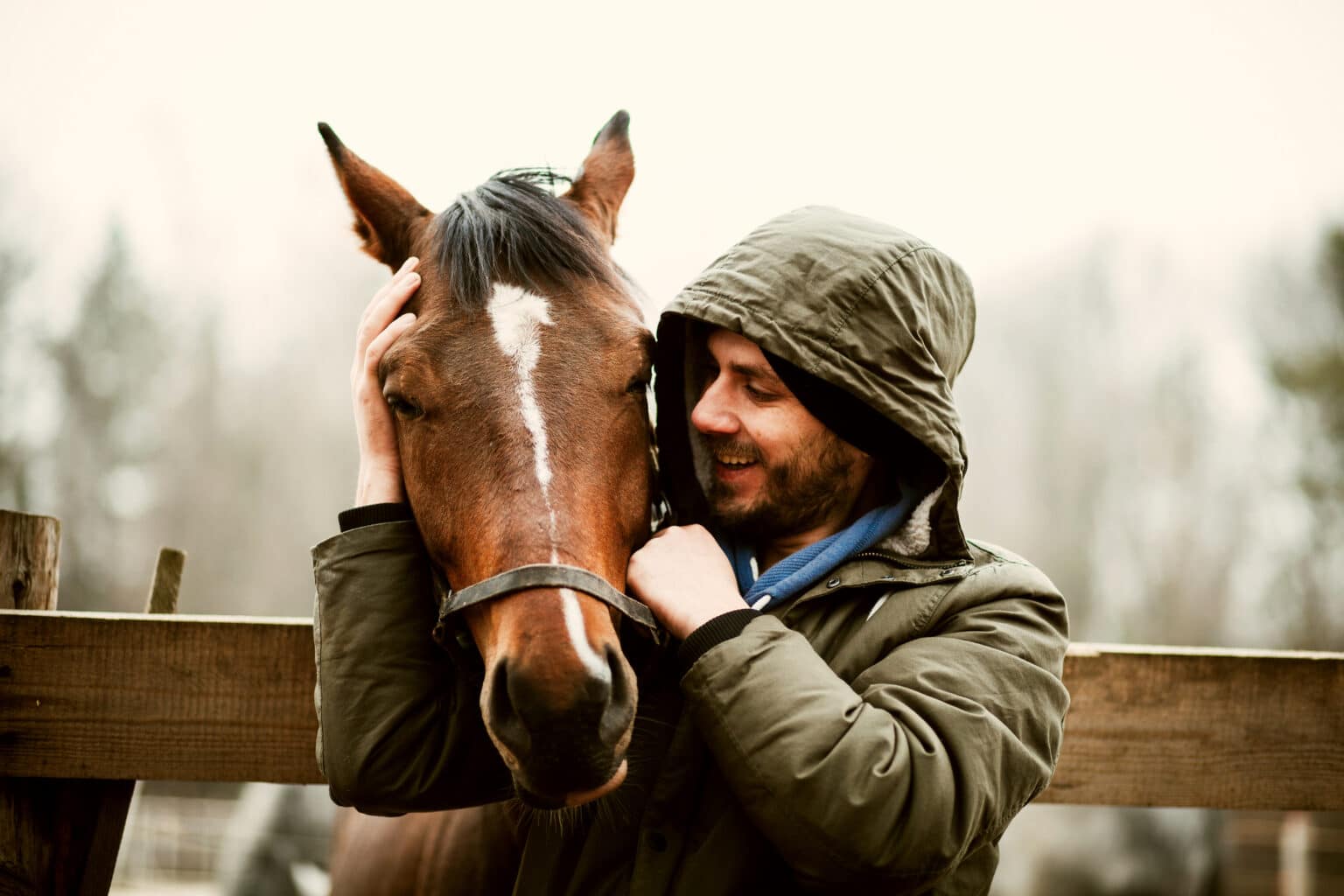Hobbies That Slash Stress:
Fun Ways to Boost Wellness
Find out how stress relieving hobbies support mental health and long-term recovery, as well as how Black Horse Health can help you heal, here.
From psychiatric care to holistic wellness, our Houston-based team brings together diverse expertise to provide accurate, compassionate, and personalized mental health, chronic pain, and addiction treatment.
What This Page Covers
- Stress and Its Mental Health Impact: Chronic stress disrupts brain chemistry, weakens emotional regulation, and increases the risk of anxiety, depression, and relapse in recovery.
- The Link Between Stress and Substance Use: Many people turn to substances like alcohol or drugs to cope with stress, which can lead to addiction and worsen mental health.
- How Hobbies Help Relieve Stress: Enjoyable activities activate reward centers in the brain, promote emotional balance, and support healing by encouraging focus, creativity, and joy.
- Types of Stress-Relieving Hobbies: Activities like art, gardening, journaling, team sports, and volunteering provide emotional outlets, build confidence, and reduce tension.
- Overcoming Barriers to Enjoyment: Emotional fatigue, guilt, and fear of failure often block engagement in hobbies, but small, safe steps can make these activities feel rewarding again.
- Support at Black Horse Health: Located in Houston, Black Horse Health uses hobby-based therapy, mindfulness, equine care, and experiential treatment to support recovery. Contact us to begin your wellness journey.
Hobbies Stress Relief: How We Can Help
Our team of compassionate specialists, with over 100 years of combined experience, are dedicated to helping you discover hobbies that not only bring joy but also serve as effective tools for managing stress and promoting healing.
Start Your Path to Stress Reduction and Overall Well-being Today
Don’t hesitate to reach out and begin your personalized path toward calm and balance today.

Why Stress Management Is Critical in Mental Health Recovery
Persistent stress alters brain chemistry, making the brain more susceptible to developing mental health conditions such as anxiety disorders, post-traumatic stress disorder (PTSD), and depression.
- Impair cognitive functioning
- Reduce resilience
- Disrupt normal sleep patterns
The Role of Stress in Substance Use
- Alcohol
- Prescription medications
- Illicit drugs
Instead of relieving stress, these substances can hijack brain reward pathways, reinforcing harmful behaviors and setting the stage for addiction.2
Increased Risk of Relapse
Physiological Toll of Unmanaged Stress
Chronic stress pushes the body into a prolonged state of hyperarousal known as the “fight or flight” response. While beneficial in short bursts, ongoing activation places immense strain on various bodily systems.
Psychological Consequences of Ignoring Stress
- Drained
- Disconnected
- Overwhelmed by even minor demands
Increased Risk of Maladaptive Behaviors
- Binge eating
- Self-harm
- Social withdrawal
Hobbies Stress Relief: What You Need to Know
Redirecting Focus Away from Stressors
Activation of Pleasure and Reward Centers
- Pleasure
- Motivation
- Mood regulation
Encouraging Flow States
The consistent experience of flow contributes to a sense of fulfillment and can significantly reduce symptoms of anxiety and depression. Flow also enhances intrinsic motivation, making the hobby feel deeply rewarding rather than externally driven.
Building a Sense of Mastery
Strengthening Autonomy and Control
The Joyful Essence of Hobbies
At their core, hobbies are about joy. They reconnect individuals with simple pleasures and inner interests, often buried beneath daily obligations. This rediscovery is central to stress relief, offering moments of levity and emotional restoration.

Types of Hobbies That Support Stress Relief
Creative Hobbies: Art, Writing, and Crafting
Physical Hobbies: Gardening, Hiking, and Yoga
Mindful Hobbies: Journaling, Puzzle-Solving, and Model Building
- Patience
- Detail-oriented work
- A sense of progression
Social Hobbies: Team Sports, Book Clubs, and Volunteering
Relaxing Hobbies: Reading, Music Listening, and Birdwatching
How to Overcome Barriers to Hobby Engagement
Lack of Motivation or Energy
- Setting up materials
- Watching others create
- Revisiting past projects
Guilt Around Enjoyment
Difficulty Trying New Things
The key to navigating this is creating safety in experimentation. When the focus shifts from performance to exploration, the pressure eases and learning becomes an empowering experience. In this space, mistakes are simply signs of growth, not shortcomings.

Hobbies Stress Relief at Black Horse Health
At Black Horse Health in Houston, healing is not limited to clinical sessions; it is woven into every aspect of daily life, including how individuals spend their time outside of traditional therapy.
Meditation and Mindfulness Practices
Guided meditation and mindfulness exercises are essential components of the daily structure at Black Horse Health. These practices teach clients to anchor themselves in the present moment, cultivating a calmer internal state.
- Improve focus
- Manage intrusive thoughts
- Build resilience to stress and anxiety
Somatic Experiencing Therapy Through Movement
Somatic experiencing incorporates gentle physical exercises to release trauma stored in the body. Clients engage in mindful movement and bodily awareness practices that reconnect them with sensations and emotions.
Equine Therapy: Connection Through Care
- Emotional connection
- Boundary-setting
- Communication
Experiential Therapy: Learning by Doing
Experiential therapy includes a variety of hobby-based interventions, like drama, role-play, and nature walks, that bring emotional and relational issues to the surface in real time.
These immersive experiences allow therapists to guide clients through raw emotional responses in the moment, leading to breakthroughs that traditional talk therapy may not reach as quickly or directly.
Scheduled Leisure Time as a Therapeutic Strategy
- Autonomy
- Emotional balance
- Stress management
Harness the Power of Wellness
At Black Horse Health in Houston, we encourage clients to explore these activities as intentional tools for managing stress and improving mental health. These simple yet powerful practices help create space for healing, reflection, and emotional release.
Find Your Rhythm Again with Compassionate Care
Connect with Black Horse Health today and discover how our holistic programs can guide you toward stability, one joyful moment at a time.
Frequently Asked Questions About Stress Management and Hobbies
Which vitamin is best for stress?
The vitamin best known for helping manage stress is Vitamin B complex, especially B6 and B12. These vitamins support your nervous system and help regulate mood by aiding the production of feel-good brain chemicals.
While they can’t eliminate stress on their own, ensuring you get enough through diet or supplements can make a real difference in how you cope. If stress feels overwhelming, it’s always a good idea to talk with a healthcare professional for personalized guidance.
What is the 3-hobby rule?
The 3-hobby rule suggests having one hobby that earns or saves money, another that keeps you physically active or healthy, and a third that sparks your creativity.
This balance helps you manage practical needs, maintain your well-being, and nurture your imagination. Together, these hobbies support a well-rounded lifestyle that reduces stress and keeps you feeling fulfilled.
How quickly can hobbies reduce stress?
Stress relief from hobbies can happen surprisingly quickly, often within just a few minutes of engaging in an activity that feels enjoyable or grounding. For some, even a short burst of focus on something creative or hands-on can quiet the nervous system.
That said, the impact tends to build over time, especially when the activity becomes part of a consistent routine that supports emotional balance and self-connection.
Are there Houston volunteer opportunities that double as stress-relief hobbies?
Yes, Houston offers volunteer opportunities that can also serve as calming, stress-relief activities. Places like the Houston Arboretum and Nature Center offer calming garden work that connects you with nature, which can be very soothing.
Animal shelters such as the Houston Humane Society provide hands-on care for pets, helping many find comfort and stress relief.
You might also explore local community art programs that combine creativity with volunteering. These activities blend purpose with relaxation, making them ideal for managing stress.
What Houston wellness centers offer hobby-based stress relief programs?
Yes, some Houston wellness centers do offer hobby-based stress relief programs, though they may vary in structure and focus. These centers often include therapeutic activities like painting, gardening, or music as part of broader mental health support.
Black Horse Health takes this a step further by intentionally weaving hobby-based interventions into individualized care plans. Reach out today and explore how we nurture healing through engagement.
Resources
- https://pmc.ncbi.nlm.nih.gov/articles/PMC5976254/
- https://pmc.ncbi.nlm.nih.gov/articles/PMC2732004/
- https://www.scirp.org/journal/paperinformation?paperid=72410
- https://www.heart.org/en/healthy-living/healthy-lifestyle/stress-management/stress-and-heart-health
- https://pmc.ncbi.nlm.nih.gov/articles/PMC11546738/
- https://physoc.onlinelibrary.wiley.com/doi/10.1113/JP281951
